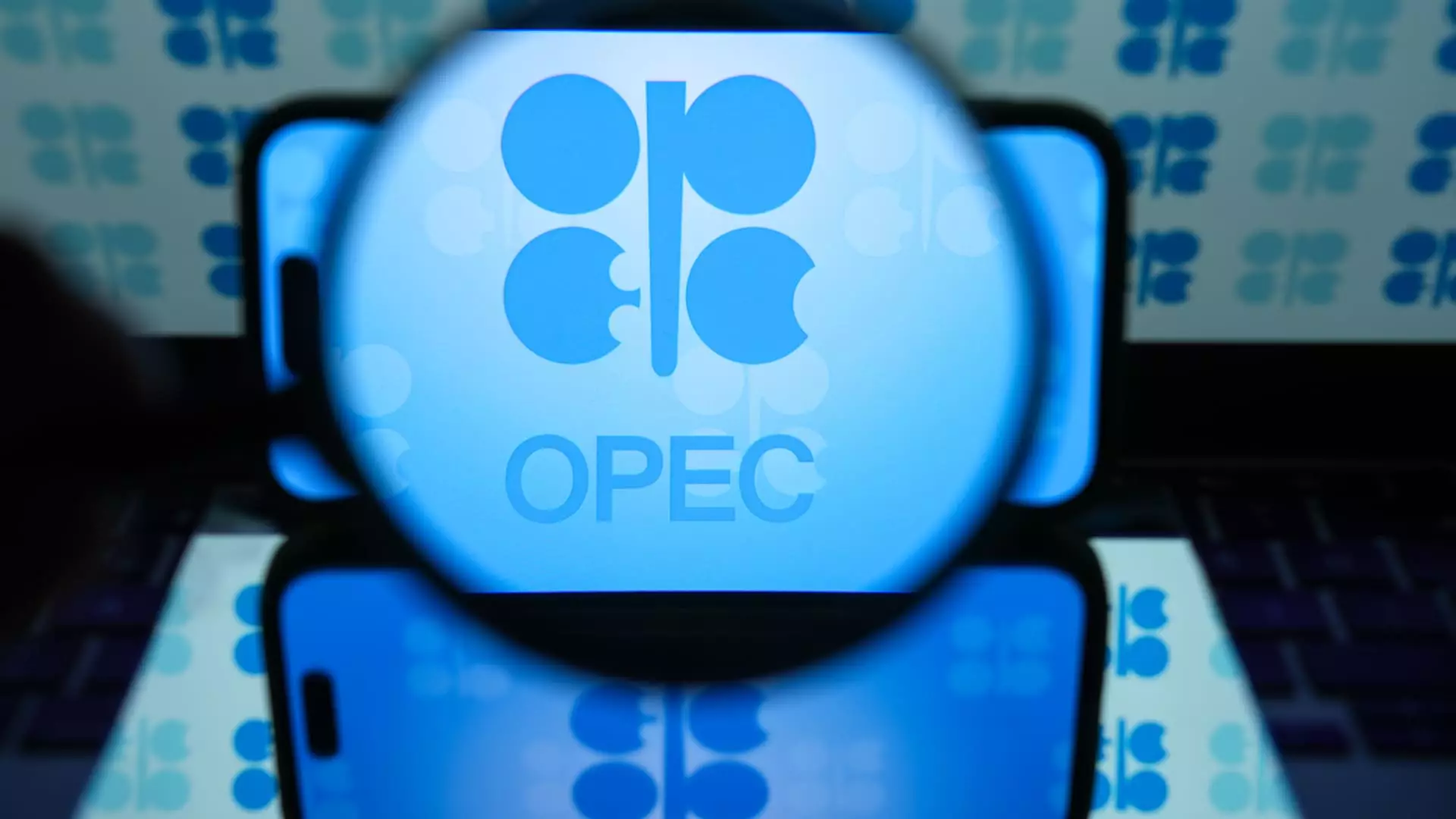The recent announcement by OPEC+ to increase oil production by 548,000 barrels per day masks a far more strategic and self-serving agenda. Far from a response to “healthy market fundamentals,” this move appears to be a calculated attempt by the cartel’s heavyweight nations—particularly Russia and Saudi Arabia—to maintain influence and project power over global energy markets. The narrative of a “steady global economic outlook” conveniently glosses over the fragility of the economic recovery, the rising push for renewable energy, and the mounting pressure from governments seeking to reduce carbon dependency. It’s an unquestioned truth that OPEC+ uses production adjustments as a tool of geopolitical leverage rather than genuine market stabilization.
By announcing such a substantial increase, OPEC+ is effectively painting a picture of market confidence, attempting to temper fears of supply shortages. Yet, this decision is more likely aimed at preventing oil prices from collapsing outright, protecting the financial interests of monopolistic oil states. They exploit security concerns, like the recent tensions in the Middle East, to justify temporary price hikes and then use production increases as a way to artificially prop up prices. This undermines the transparency of global markets and leaves consumers—both nations and individuals—bearing the brunt of manipulated price fluctuations.
Strategic Power Plays, Not Market Realities
The history of OPEC+ demonstrates that their “voluntary” cuts and subsequent increases are rarely about market health. Instead, they are strategic maneuvers designed to control supply, influence prices, and exert geopolitical influence. The double-layered supply cuts—one ongoing until next year and another until 2025—are evidence of an organization that’s more inclined to wield power than to genuinely stabilize the market. Their recent acceleration in production is less about balancing demand and more about managing the narrative of scarcity and abundance.
Increases in oil supply, often touted as a sign of market health, can mask wider economic vulnerabilities. The global economy remains sensitive, particularly as renewable energy and electric vehicle markets gain momentum. By artificially inflating their output, OPEC+ aims to stave off decline in revenues, but at the expense of fostering a false sense of security. Through these manipulations, they divert attention from the systemic issues of climate change and energy transition, all while reaping record profits in the process. Their actions threaten to keep global energy dependence on fossil fuels entrenched, delaying the inevitable shift toward sustainable alternatives.
The Impact on Global Society and the Environment
But perhaps the most concerning aspect of OPEC+’s strategy is its broader social and environmental impact. Low oil inventories and strategic production increases give a false impression of stability while perpetuating environmental degradation. Increased fossil fuel consumption accelerates climate change, floods our communities with pollution, and exacerbates inequalities—disproportionately affecting marginalized populations who suffer the most from environmental crises. The choice to prioritize short-term revenue over long-term sustainability reveals a reckless disregard for humanity’s collective future.
In the face of mounting evidence about the climate crisis, the continued reliance on these production manipulations represents a missed opportunity for leadership. Instead of partnering with global efforts to accelerate clean energy adoption, OPEC+ acts as a barrier—using their influence to maintain fossil fuel dominance. This inertia slows necessary policy changes and KEEPS the planet on a destructive trajectory, cloaked beneath the guise of market stability. If nations truly prioritize social justice and climate resilience, exposing and challenging these manipulative tactics is imperative.


Leave a Reply